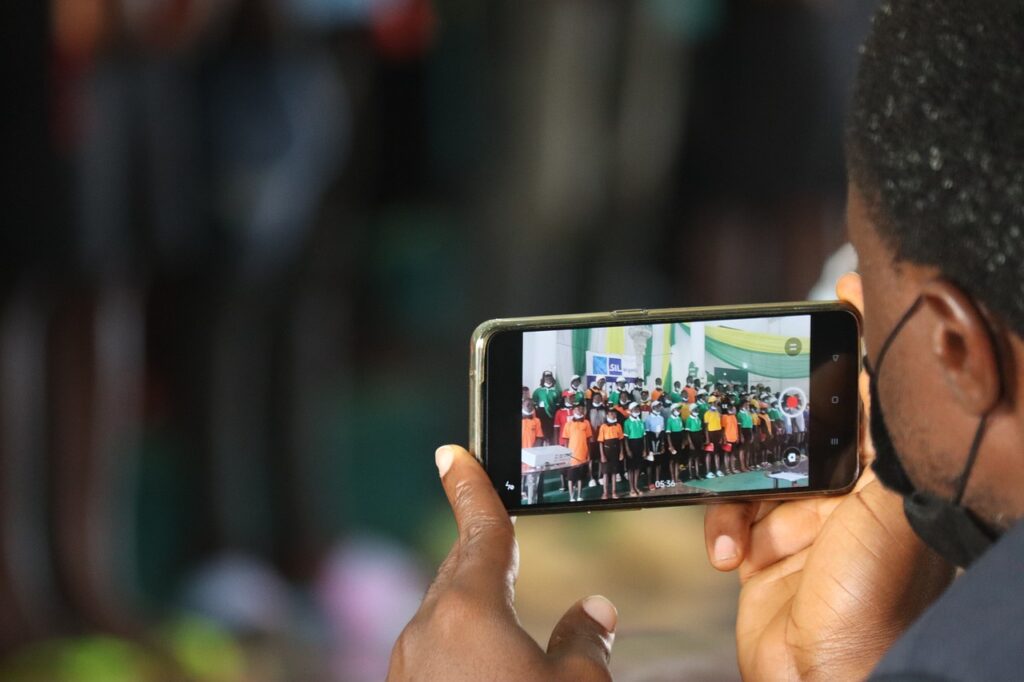
At time of writing, APF CEO, Revd Dave Stedman, is in Uganda where he’s been working with the Church of Uganda, Somali Christian Fellowship and other long-term APF training partners. He reflects on the exponential growth in digital technology in Africa and the opportunities and challenges it presents for ministry.
Delegates arriving for the APF African training partners conference at Papaya Guest House announced happily on arrival, “Thank God for Google Maps!” The couple had travelled from Mukono to get there, a distance of less than 20km all within the Kampala metropolitan area, yet they found the venue with digital assistance.
I immediately reflected that in nearly twenty years travelling the length and breadth of East Africa – on tarmac highways, maram roads, dusty tracks and dodging potholes – I’ve never seen my driver or fellow passengers refer to a roadmap for directions. We just head in the general direction of our destination and make friends along the way.
I’ve been lost in urban centres and sugar cane plantations, I’ve broken down ‘deep in the village’ and deep in the Rift Valley. Finding the way or mechanical assistance was always a social event, accompanied by smiles and a lot of indiscriminate arm waving. “Just branch at the big tree and continue!” We always reached our destination, sometimes several hours late, but we got there.
It struck me as significant that even in Africa some are now seeking a digital solution in preference to asking their neighbour. At another conference the wife of a senior official passed the time taking ‘selfies’ during a rather dull Zoom presentation. ‘Michael’, a Somali convert to Christianity living as a refugee in Kampala, has launched a YouTube channel targeting Somali youth with the gospel. In Rwanda, churches and Bible schools that remain closed due to government regulations have found creative ways to continue using digital platforms to teach and for fellowship.
It is estimated that by 2025 there will be at least 685 million mobile phone subscriptions in sub-Saharan Africa. That means, statistically at least, there will be a mobile subscription for every adult.1 Urban youth in Nairobi spend more time ‘on screen’ every day than any comparable group globally (7 hours, 40 minutes).2
The mobile phone banking service Mpesa has transformed how business is conducted throughout Kenya. In 2019, 87% of Kenya’s GDP was transacted using Mpesa and similar mobile banking platforms.
Africa is changing and the change is rapid. The changes also have huge implications for mission and ministry. What does it mean to be an African pastor in the smartphone era? How is APF responding?
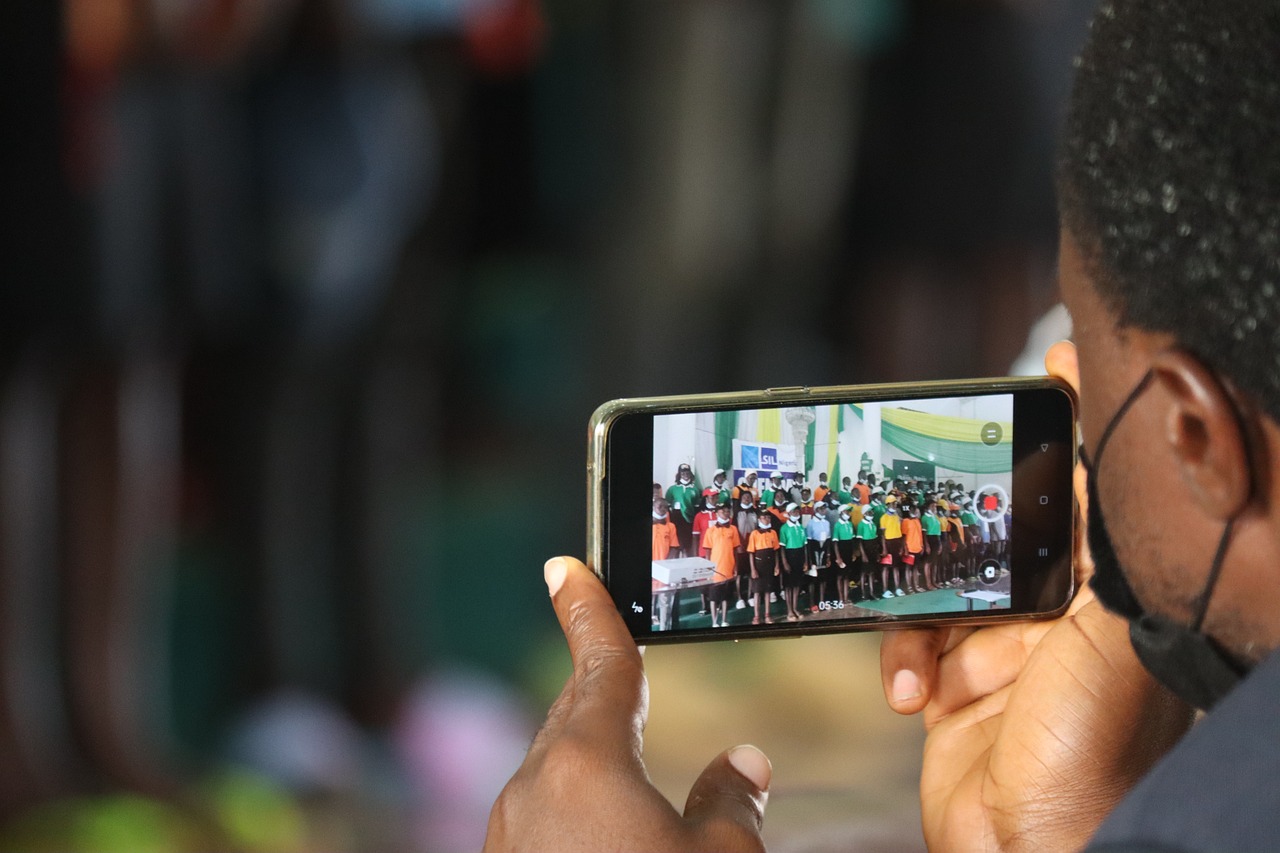
Digital Tools
When we launched eVitabu in 2018, little did we know that a pandemic was coming that would accelerate the use of digital solutions globally to enable communication, training and church online. eVitabu continues to position APF ahead of the curve by offering a digital tool to resource African pastors across the continent. eVitabu currently reaches an estimated 1.5 million believers with contextualised materials that enrich faith, resource ministry and contribute to healthy Christian communities.
Increasingly APF receives requests for phones, tablets and laptops to be used as ministry tools and we invite you to consider donating your used devices to help us respond to such requests.

Digital Training
Having a device is one thing; using it effectively is another matter. For example, at our conference for Church of Uganda clergy in June, two major training needs were identified. First, there were leaders who wanted to learn how to unleash the full capacity of the phone in their pocket. They wanted training on using office apps, advice on protecting themselves and others online and help developing a digital strategy for their church or community organisation.
Another group needed much more basic support such as learning how to navigate a touch screen or discovering that a smartphone can be used for much more than just Facebook, text messaging or mobile money. As APF seek to identify and release African Training Partners in every African country we work in, the ability to teach such skills is an increasingly important pre-requisite.
Digital Theology
We are all being shaped by the rapid advance of digital technology, and it has become an important topic for theological reflection globally. Theological reflection around the use of technology is arguably even more vital in Africa, however, where society has leaped from an oral tradition into the digital age so fast. How does technology impact our understanding of who we are in Christ? What does this mean for our sense of belonging to the Body of Christ? How can we share the love of Christ with our neighbours both physically and digitally?
As a simple example, look at the cartoon (above) and reflect on whether what you see is good or bad (or both). I find this cartoon provides a wonderful discussion starter in APF’s ‘The Smart Pastor’ digital theology workshop which has been very warmly received in Bible colleges, universities and amongst networks of Christian leaders in Kenya, Rwanda and Uganda recently.
Thank God for Google Maps? Maybe. What is certain, however, is Africa is changing as the internet becomes ‘embedded, embodied and everyday’4 across the continent. APF is uniquely well-placed to seize the moment and continue its pioneering ministry to enable effective ministry in the digital age.

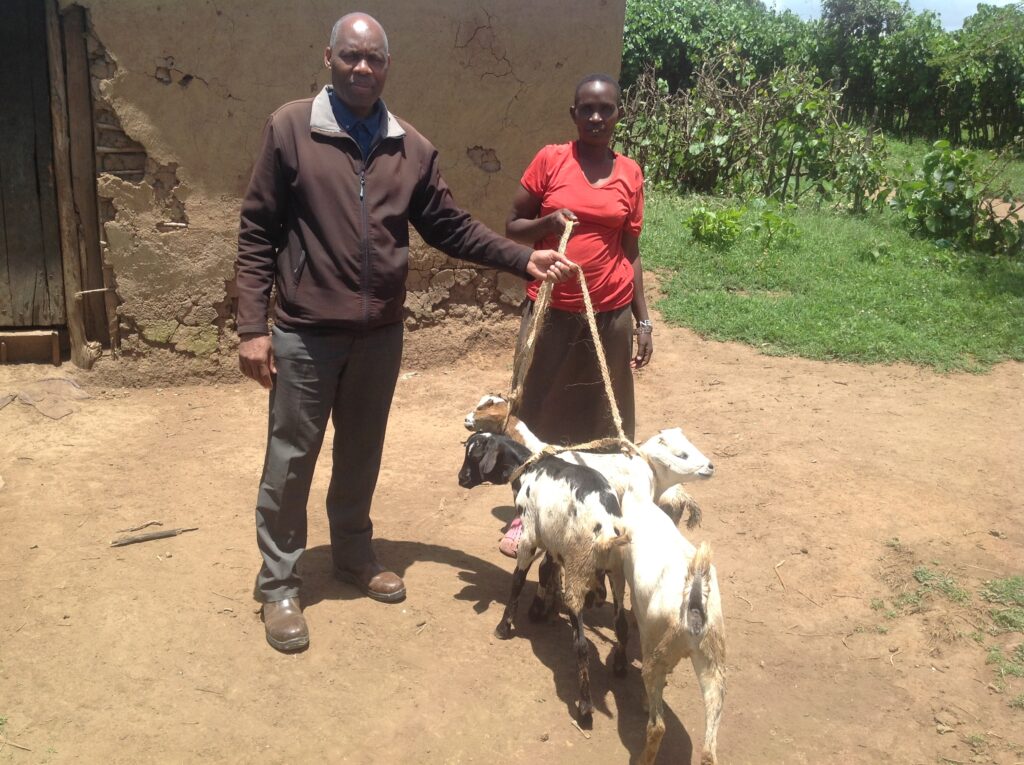
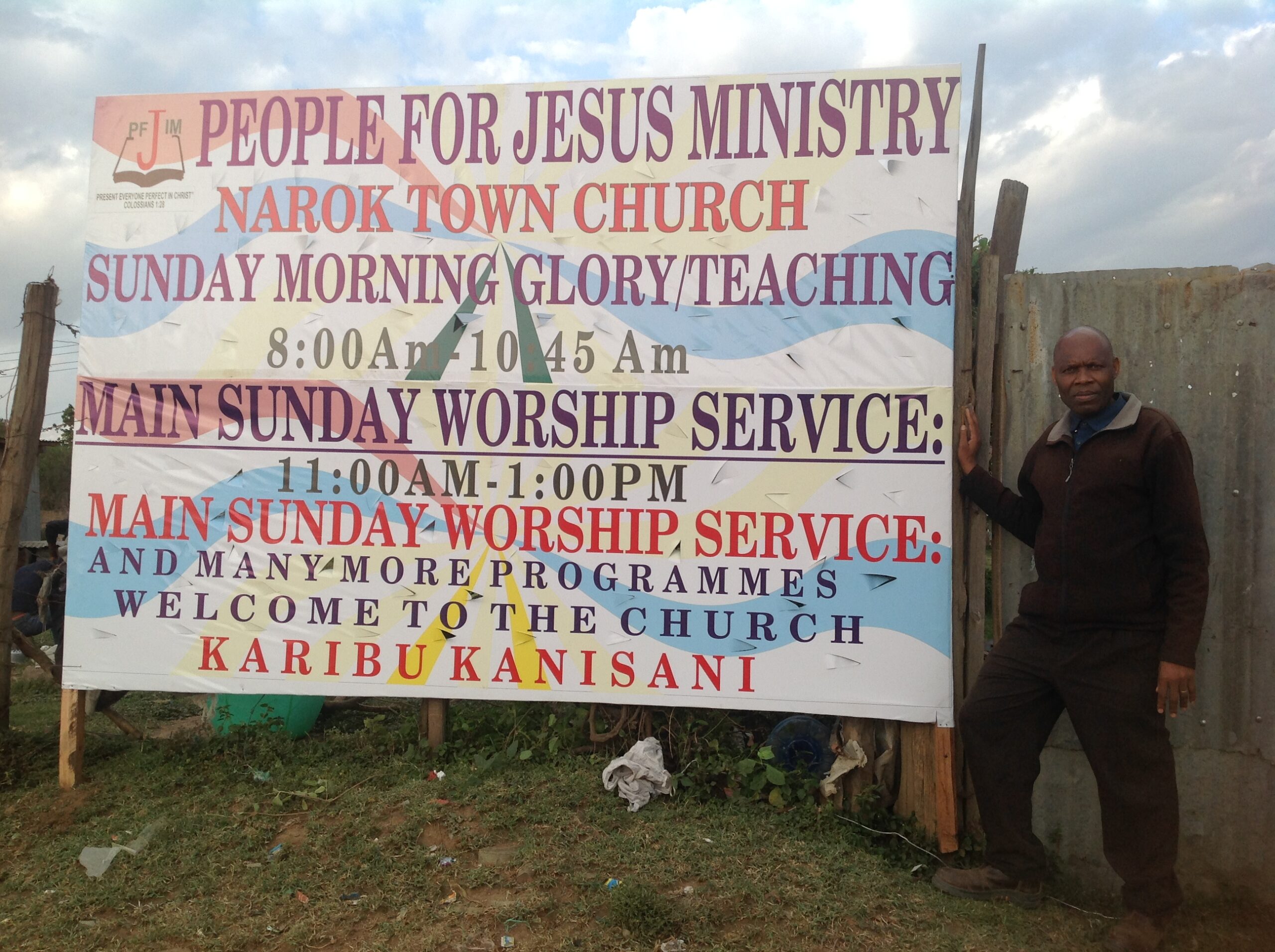
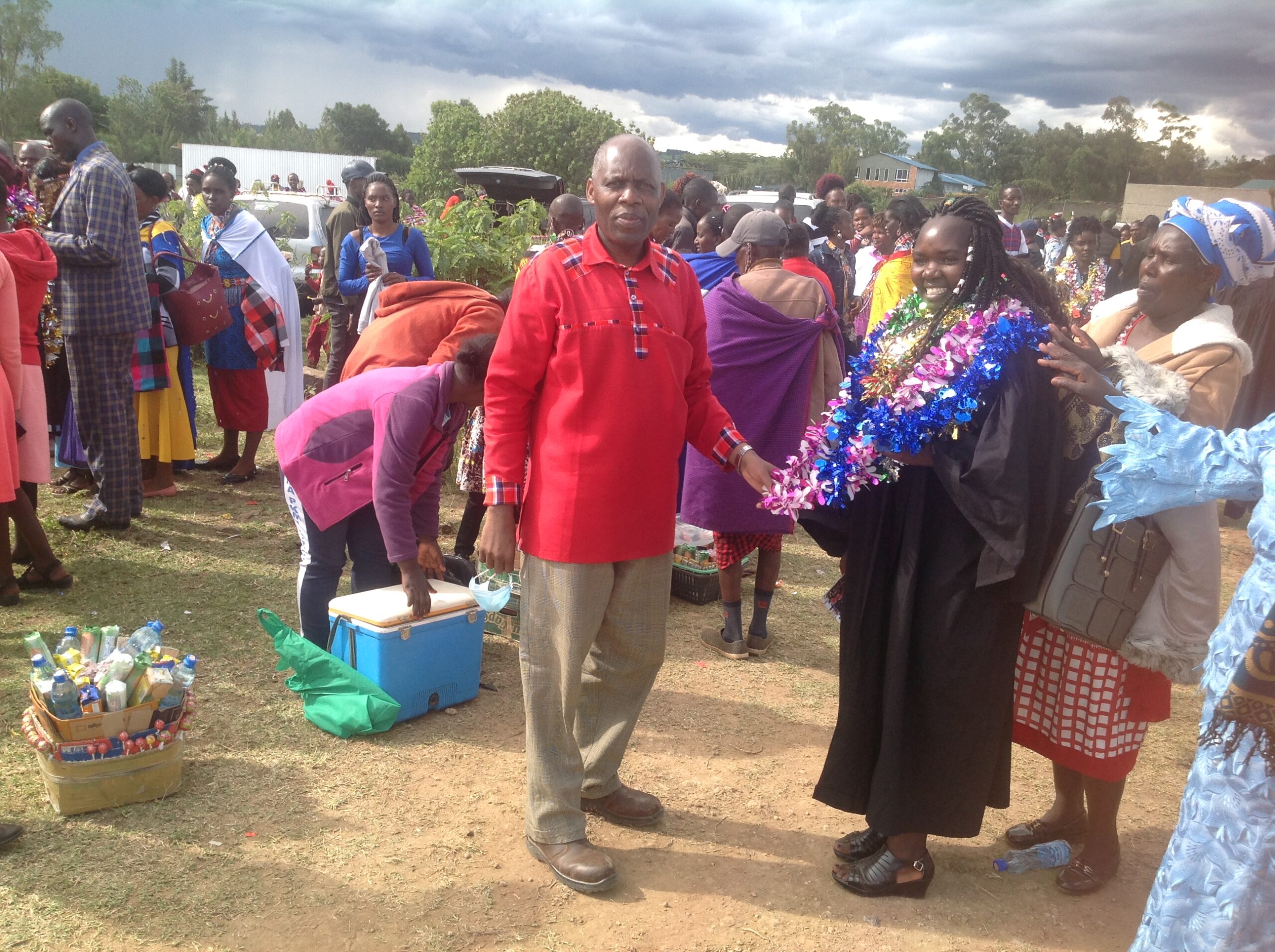
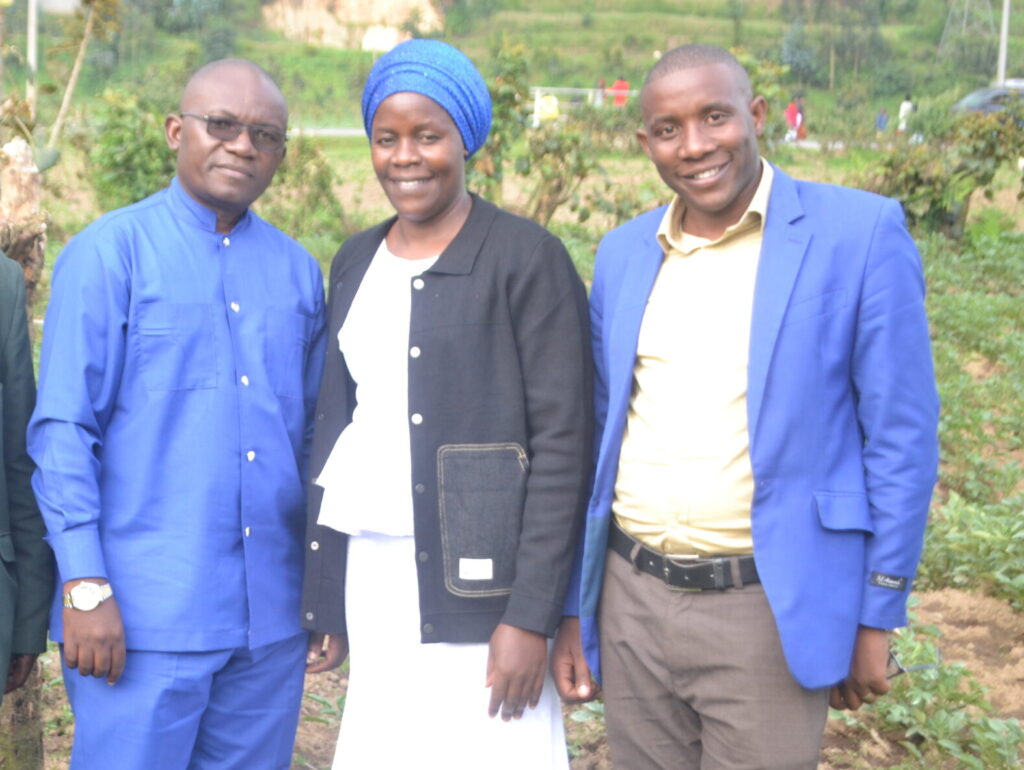

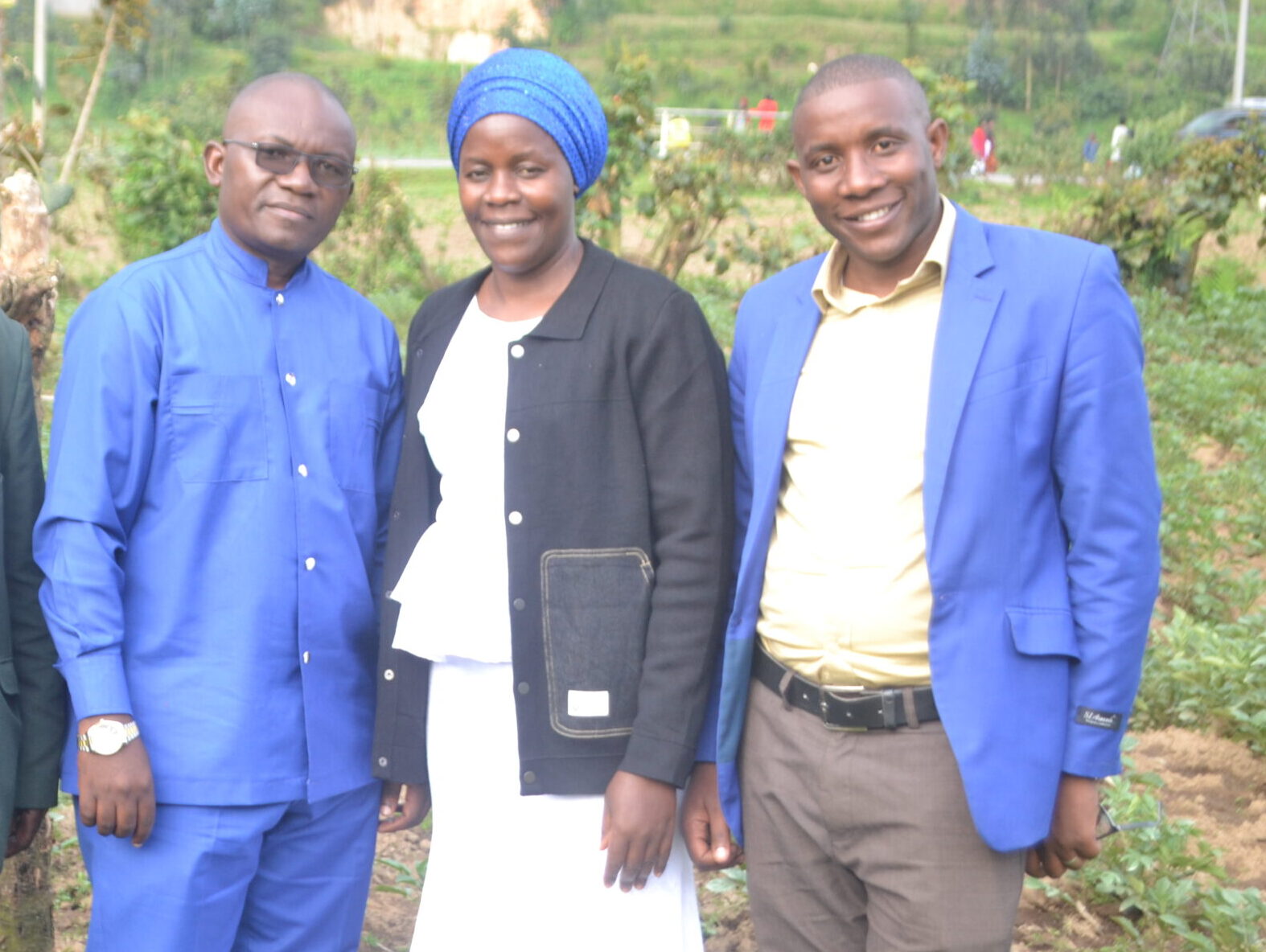
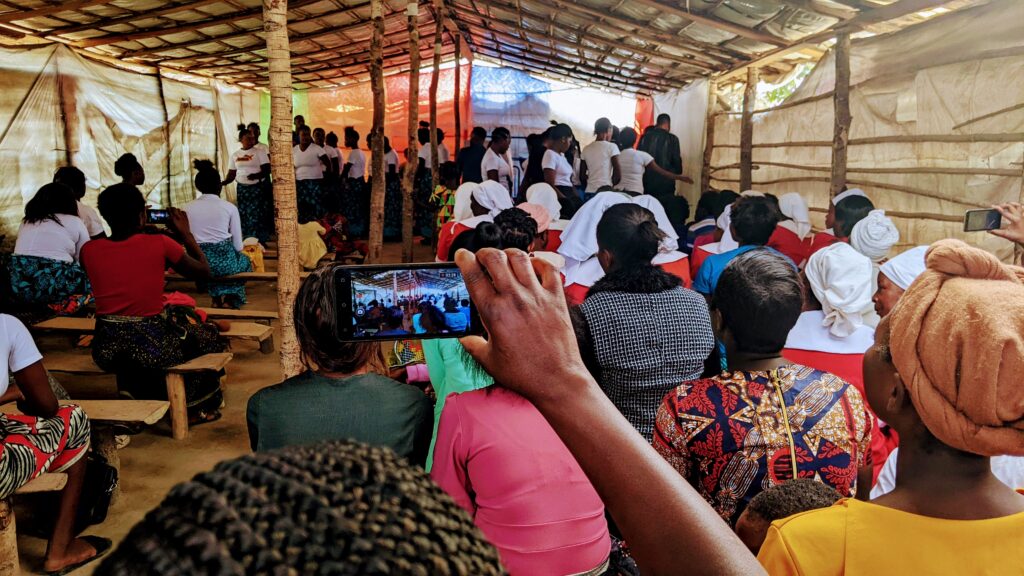
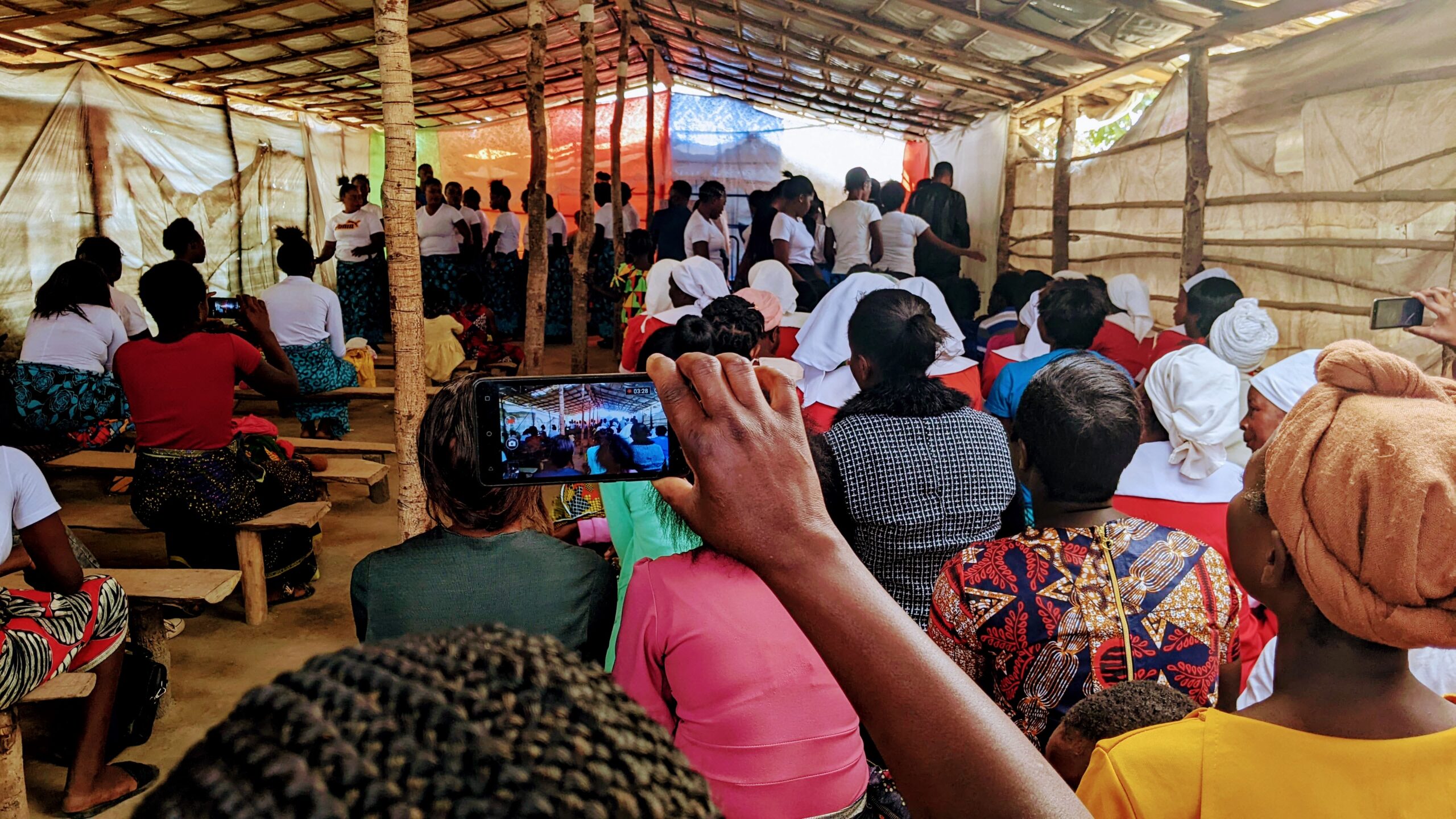
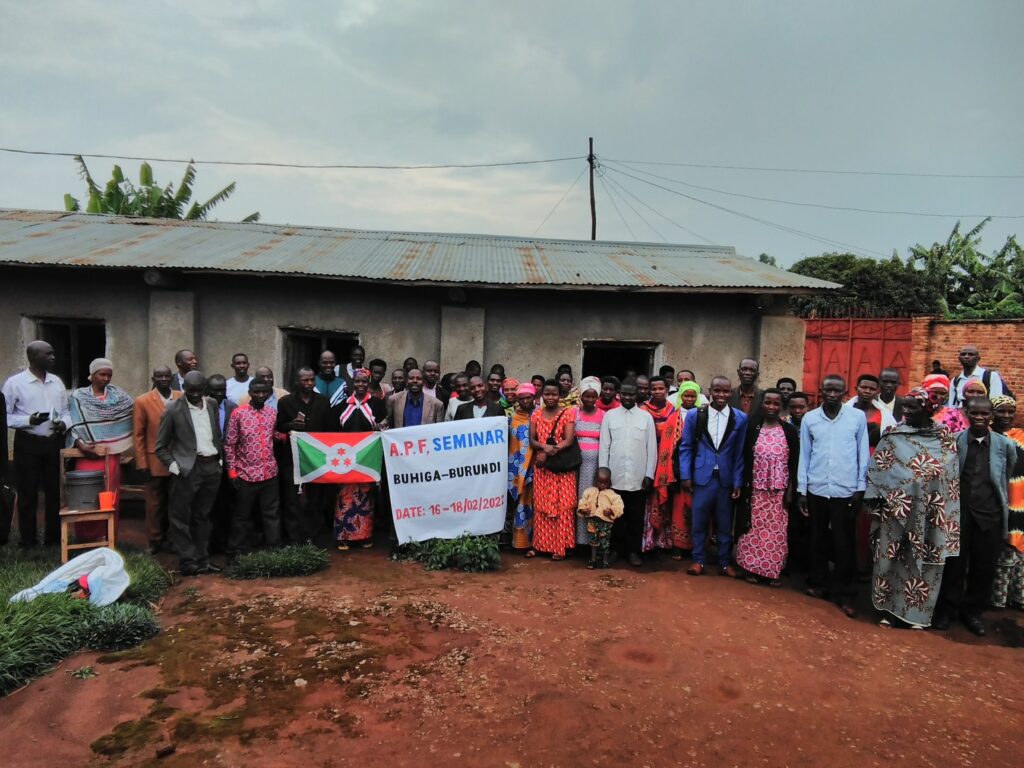
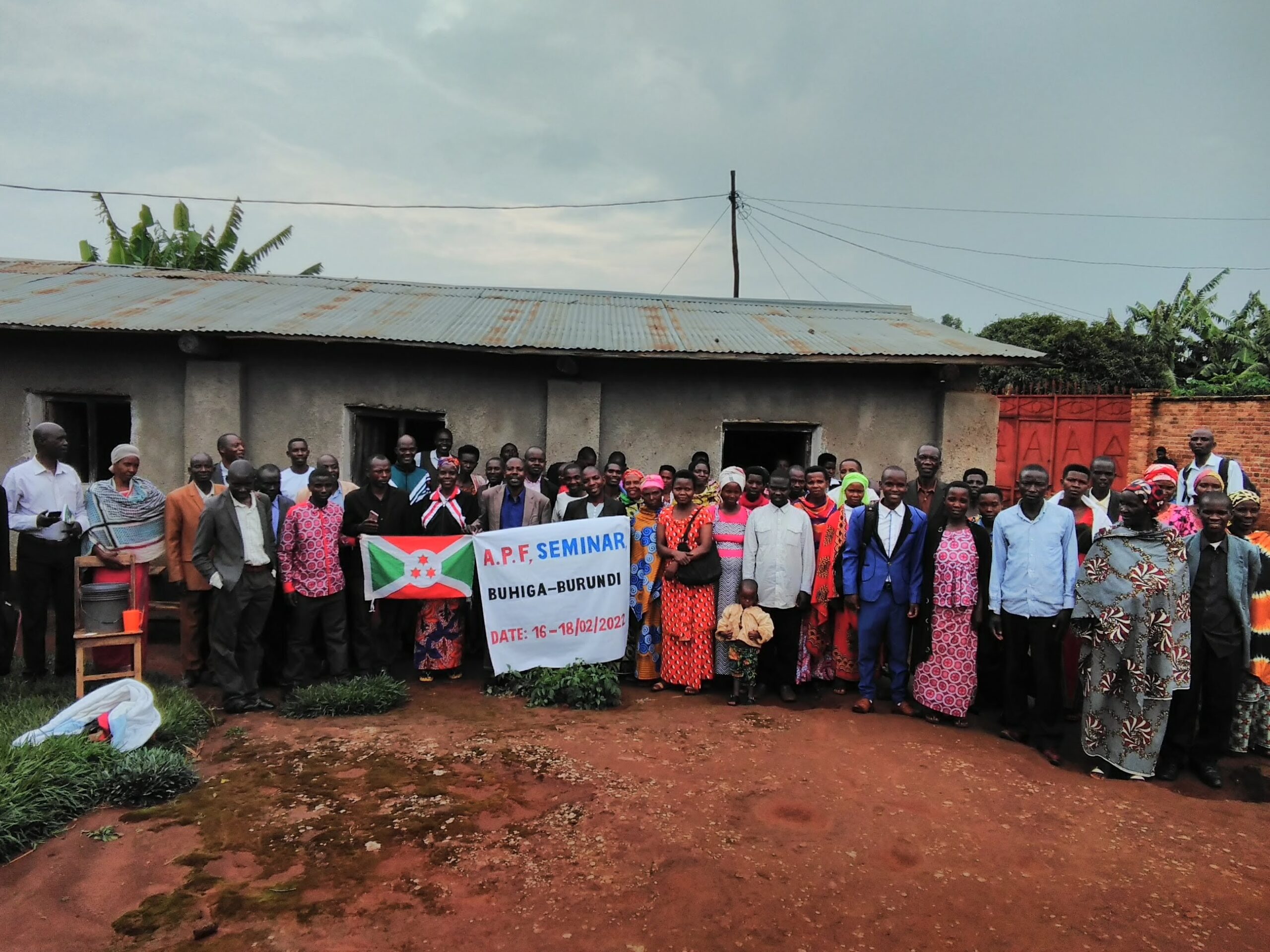
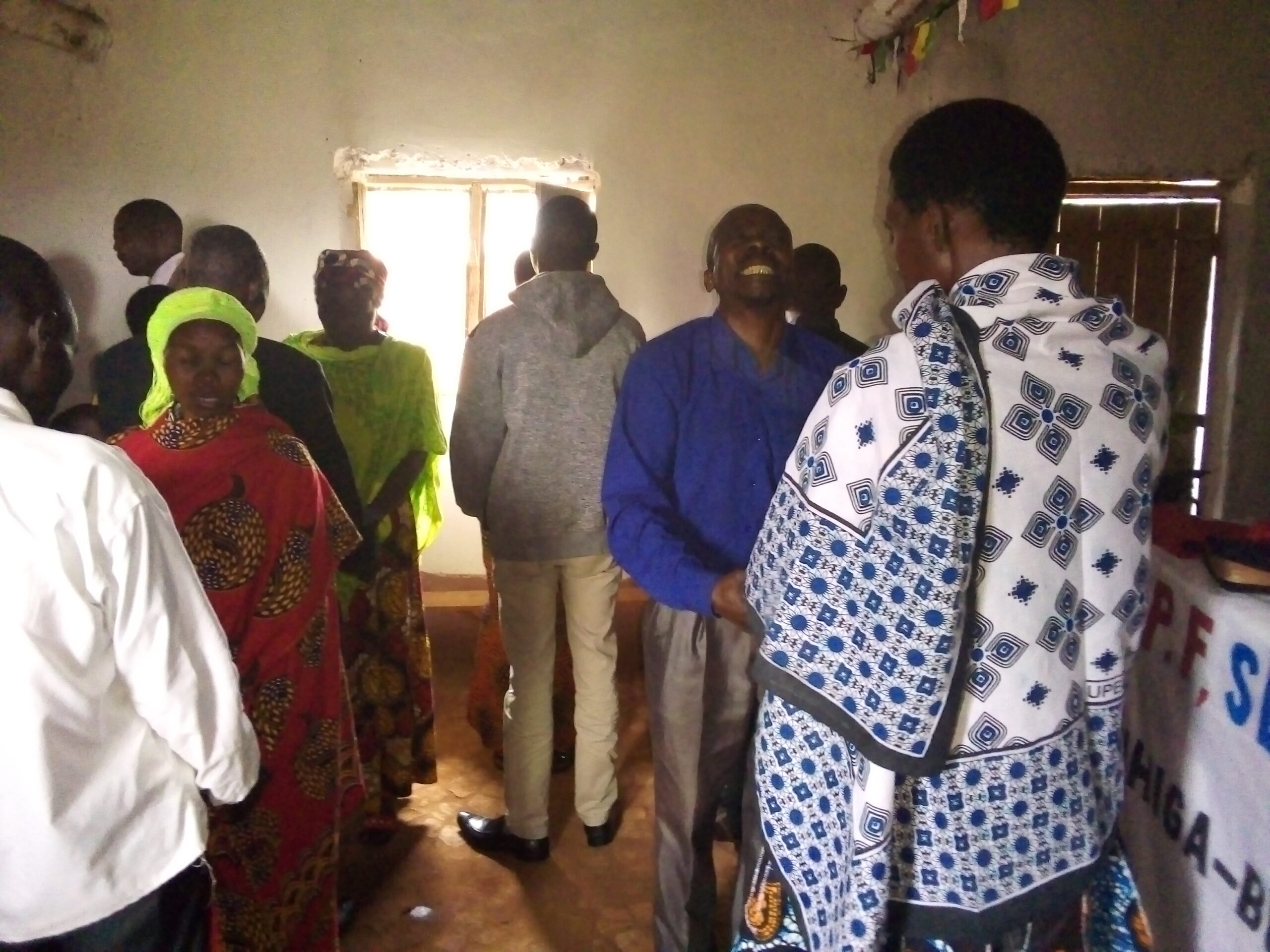
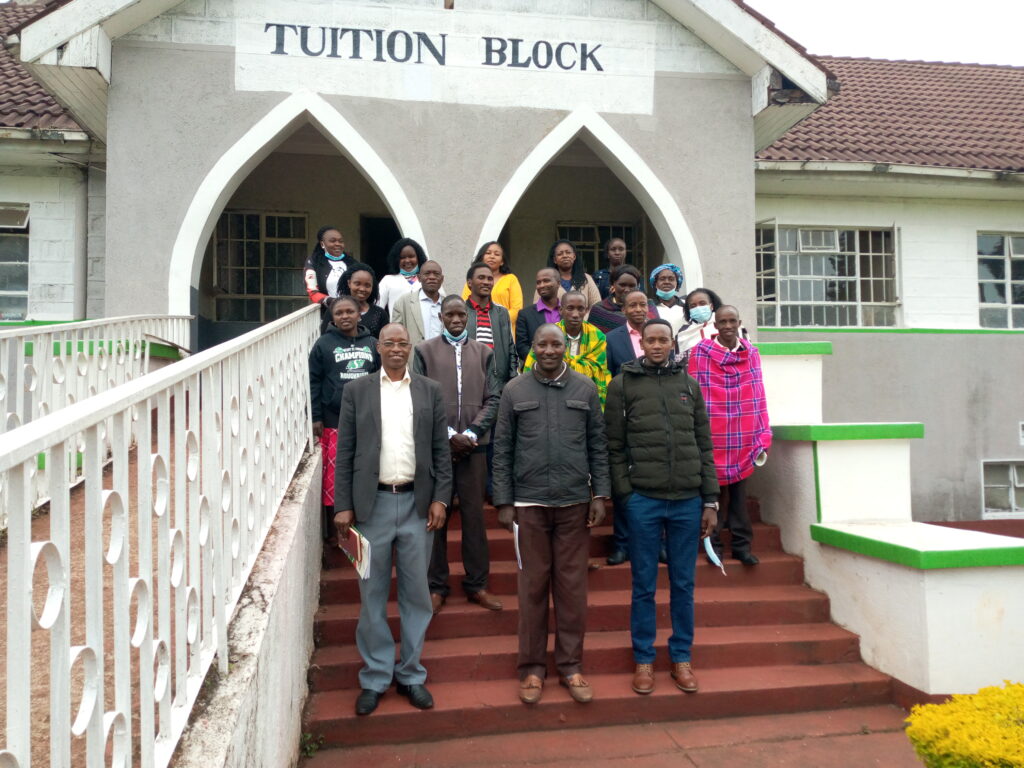
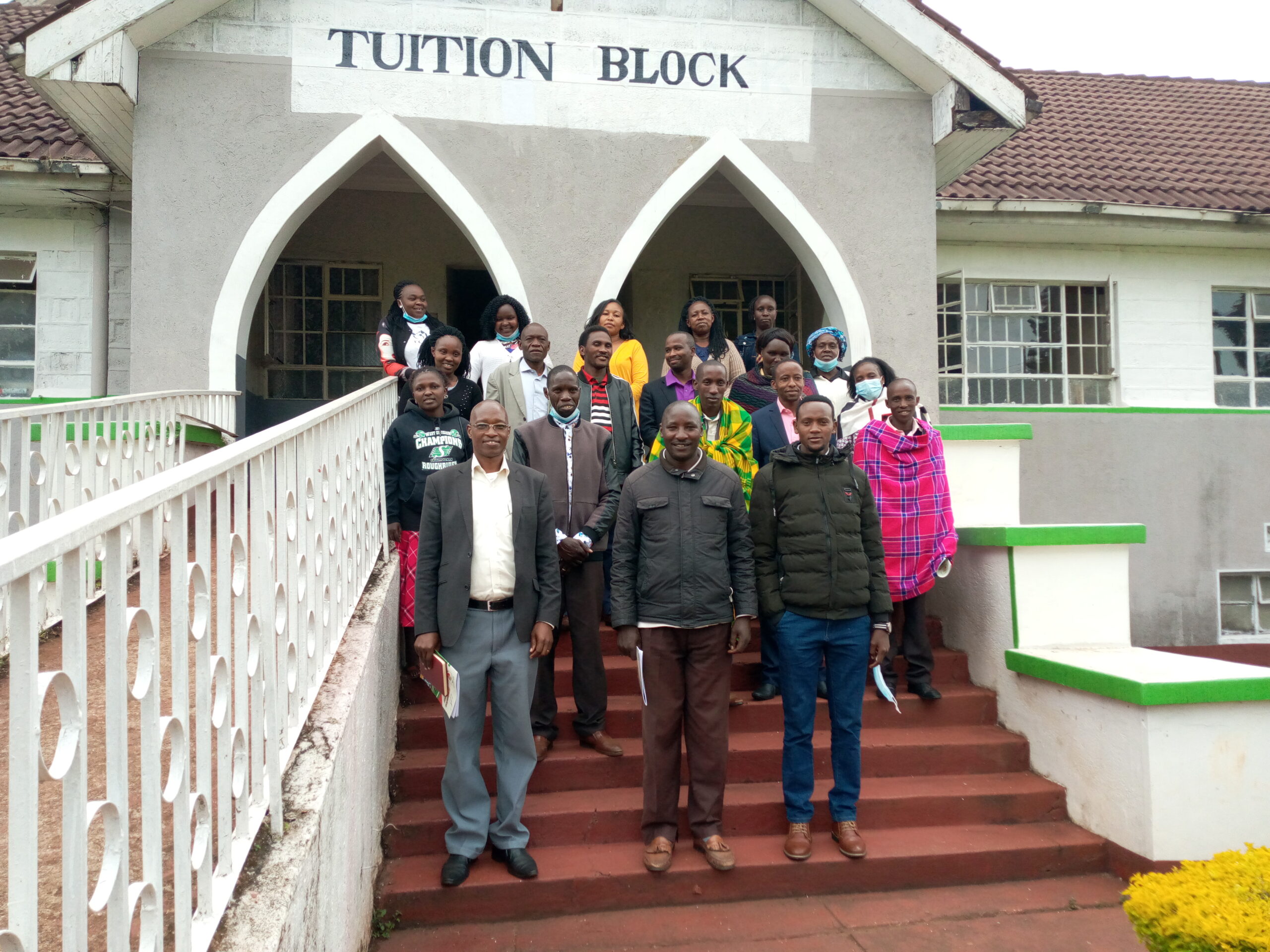
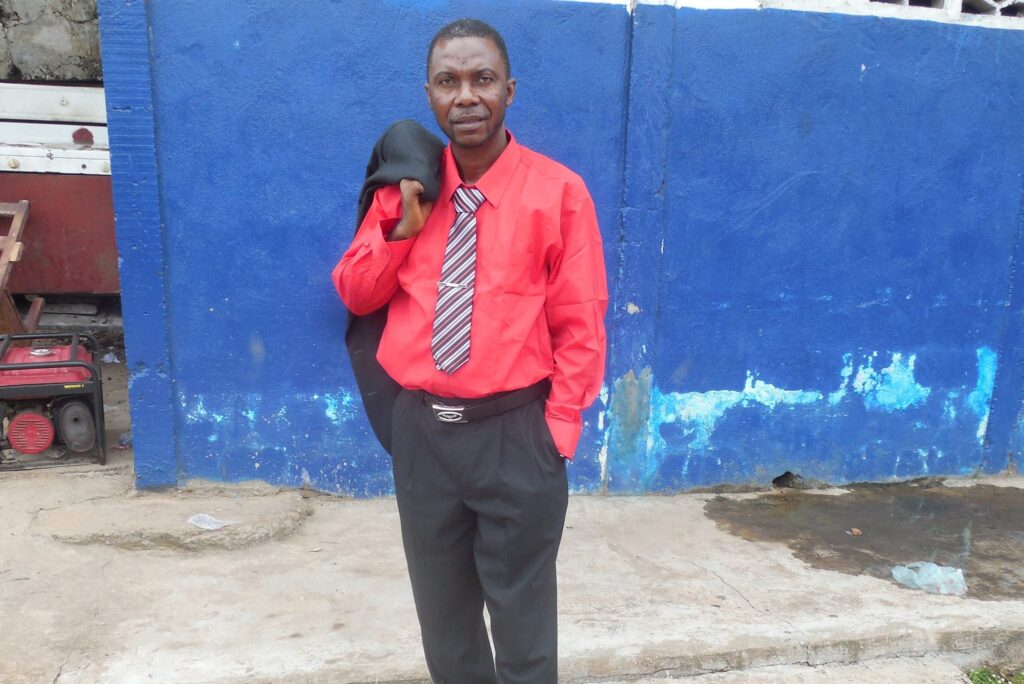
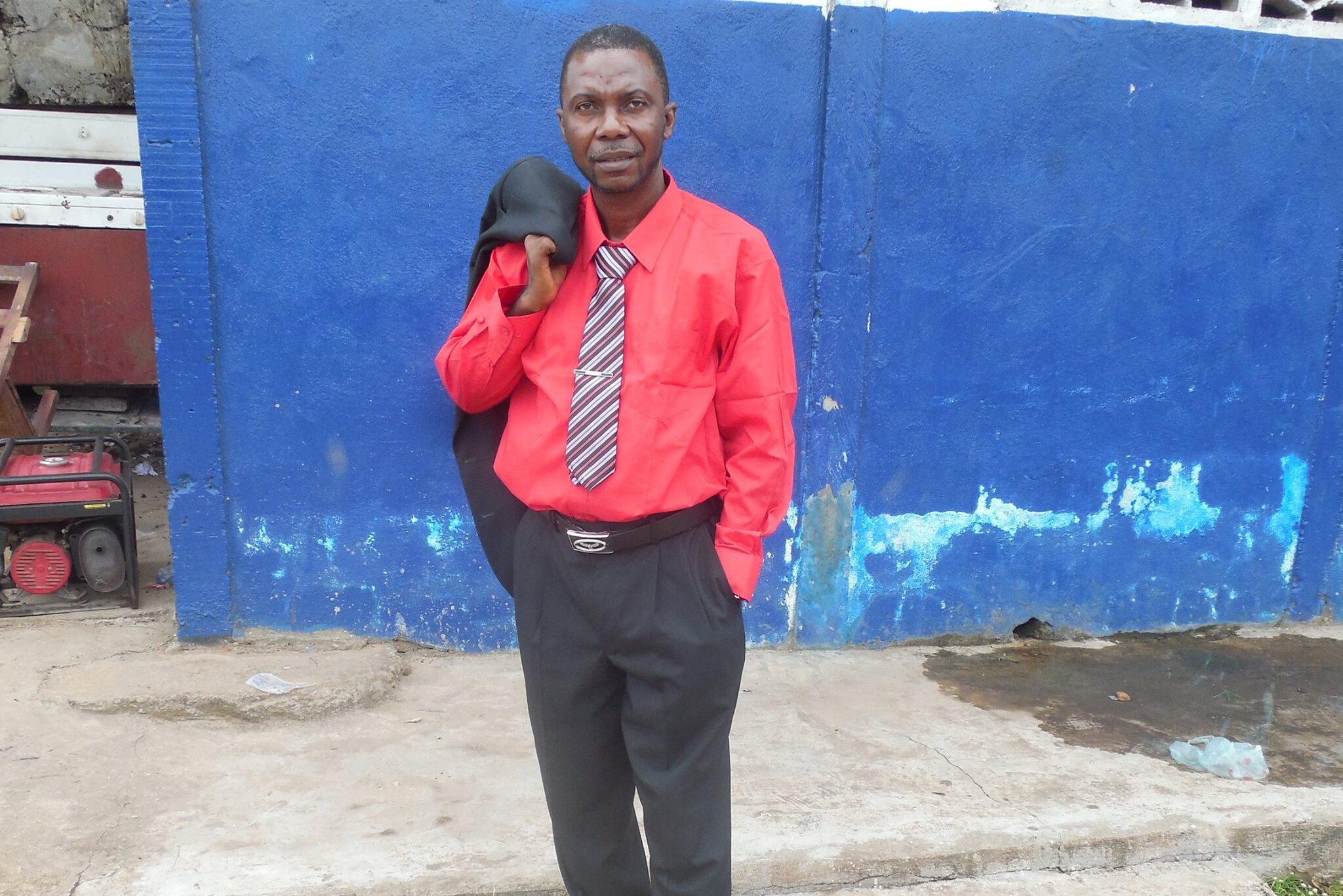
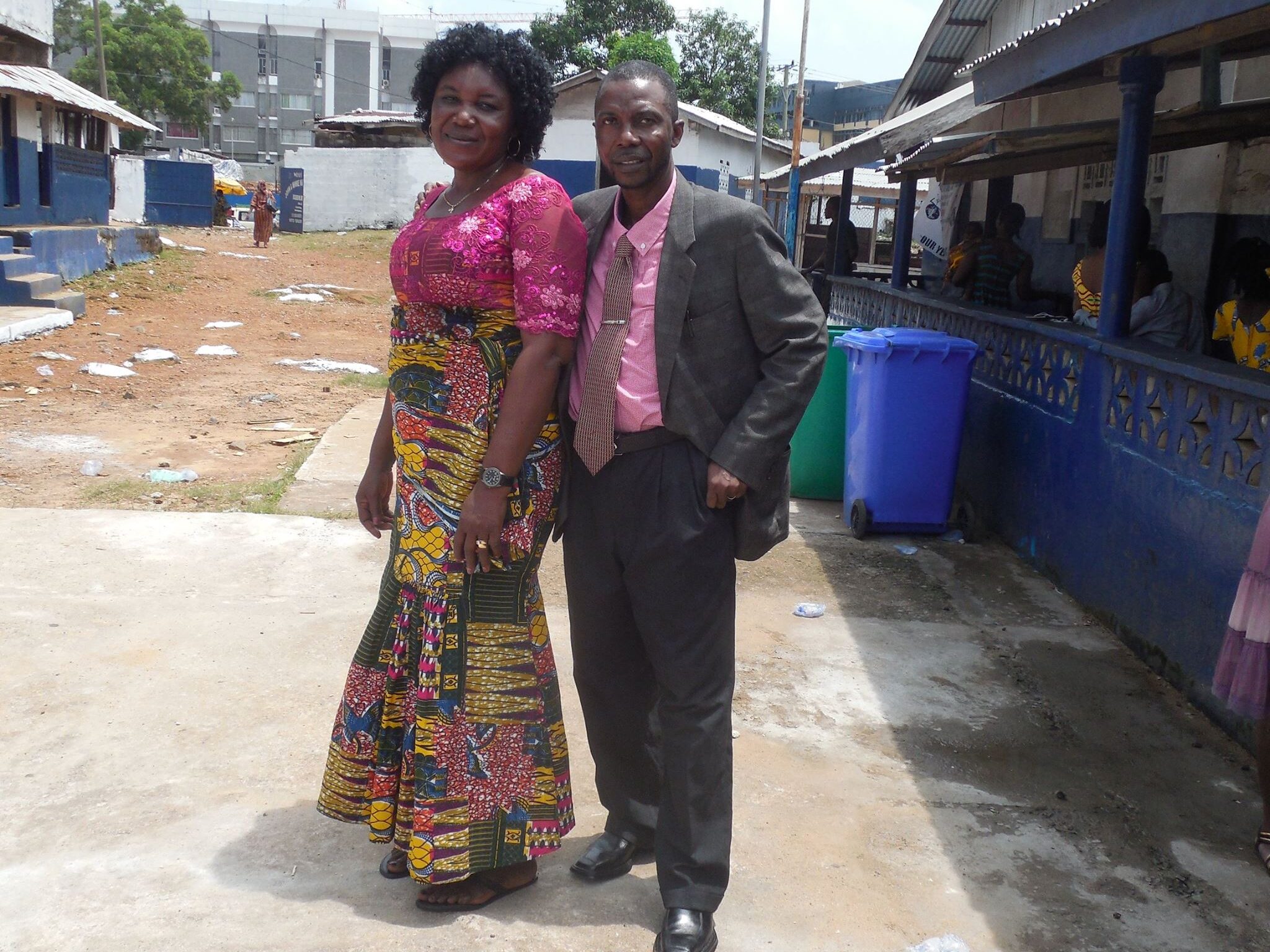
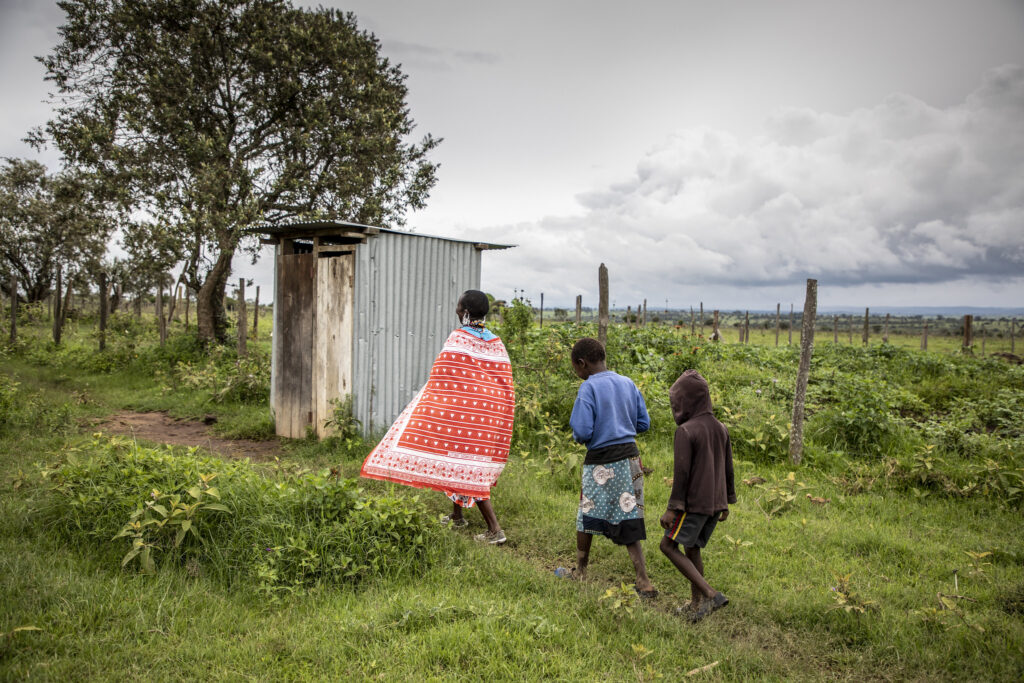
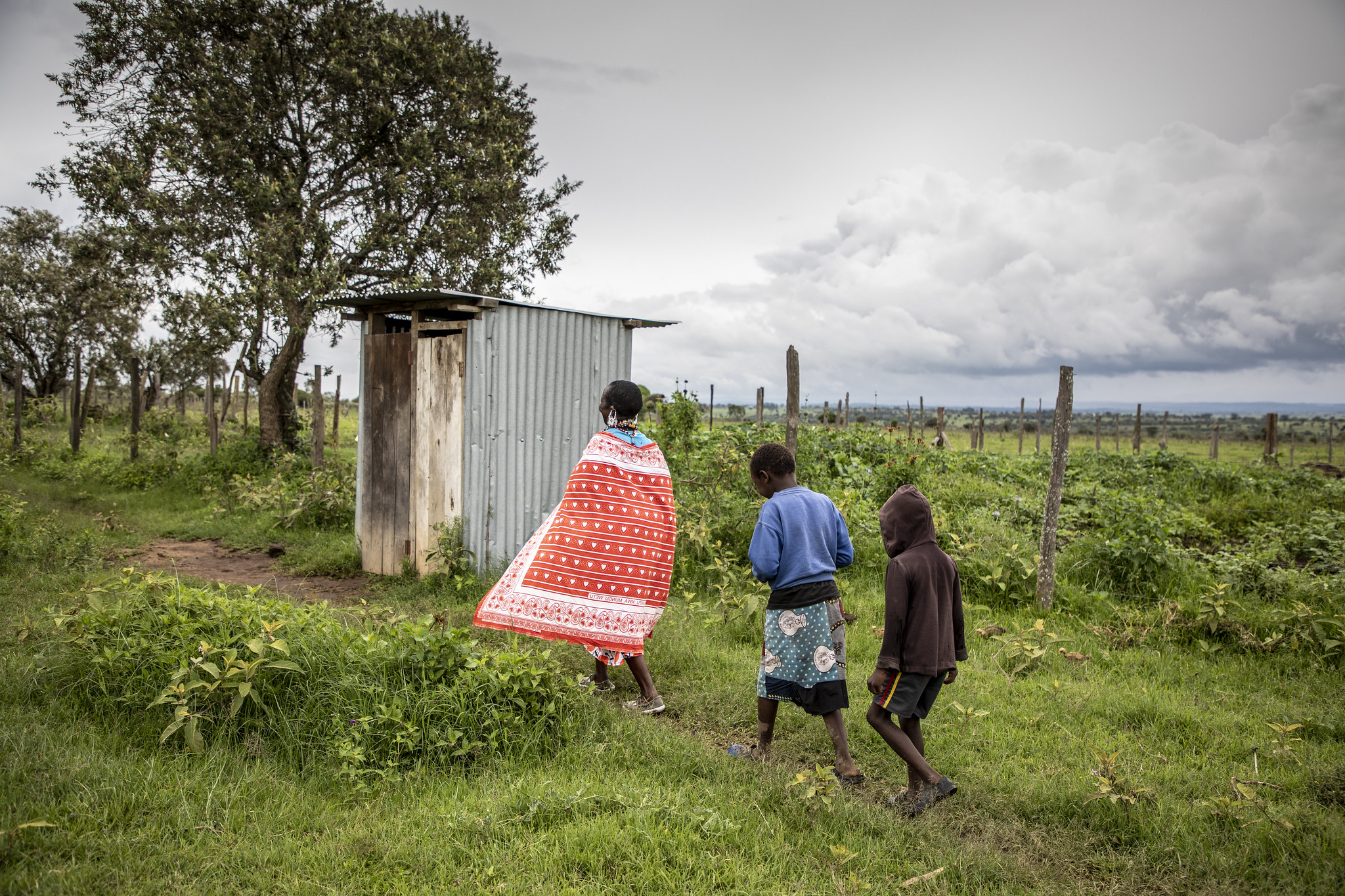
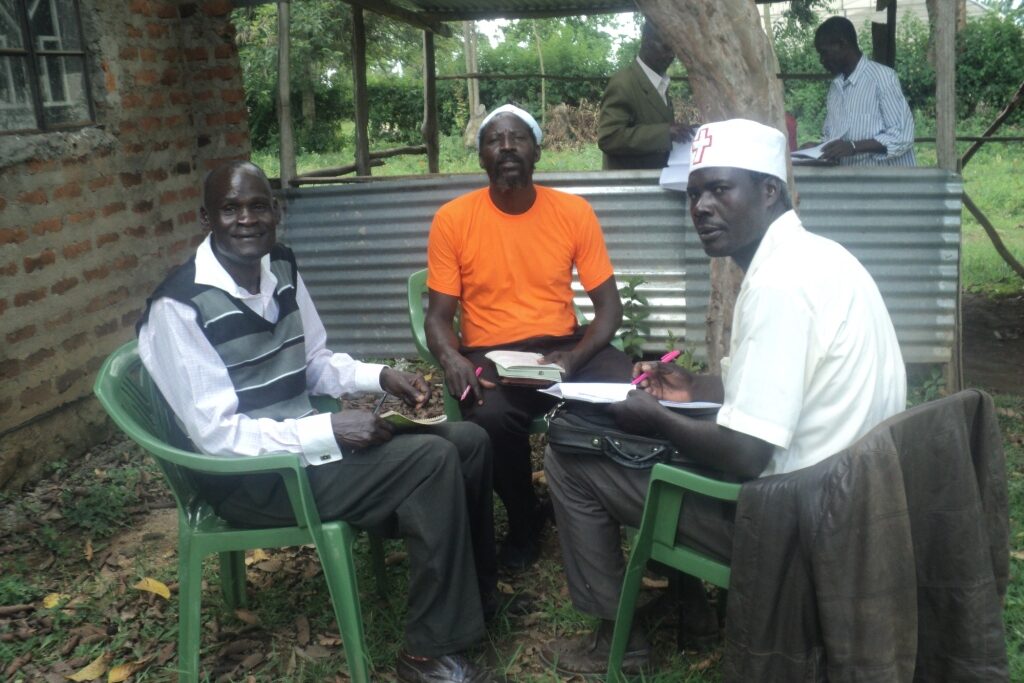
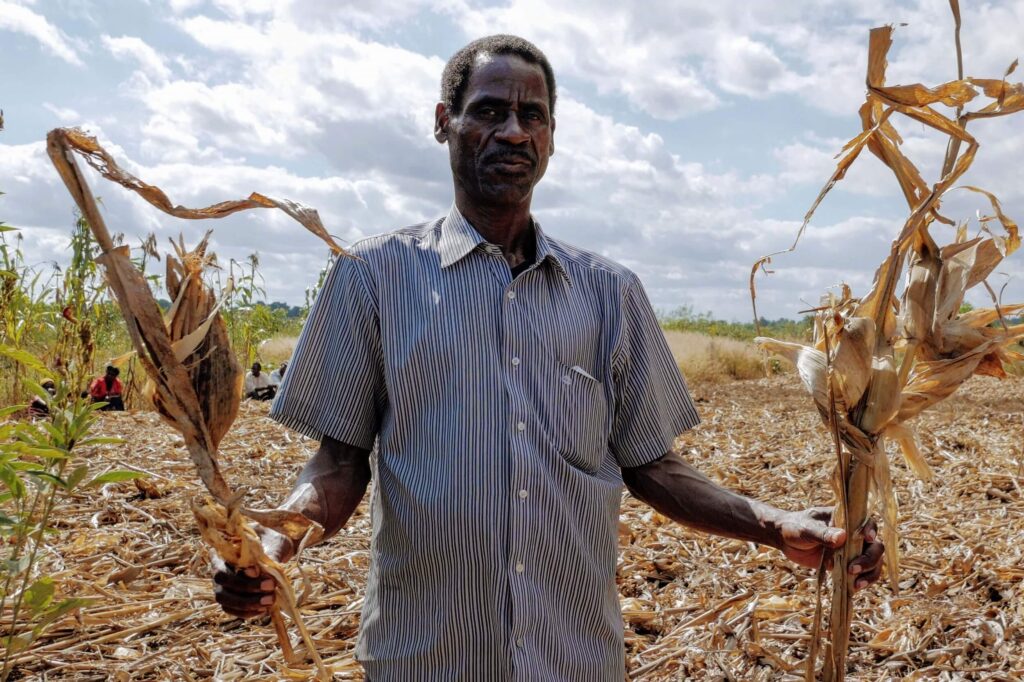
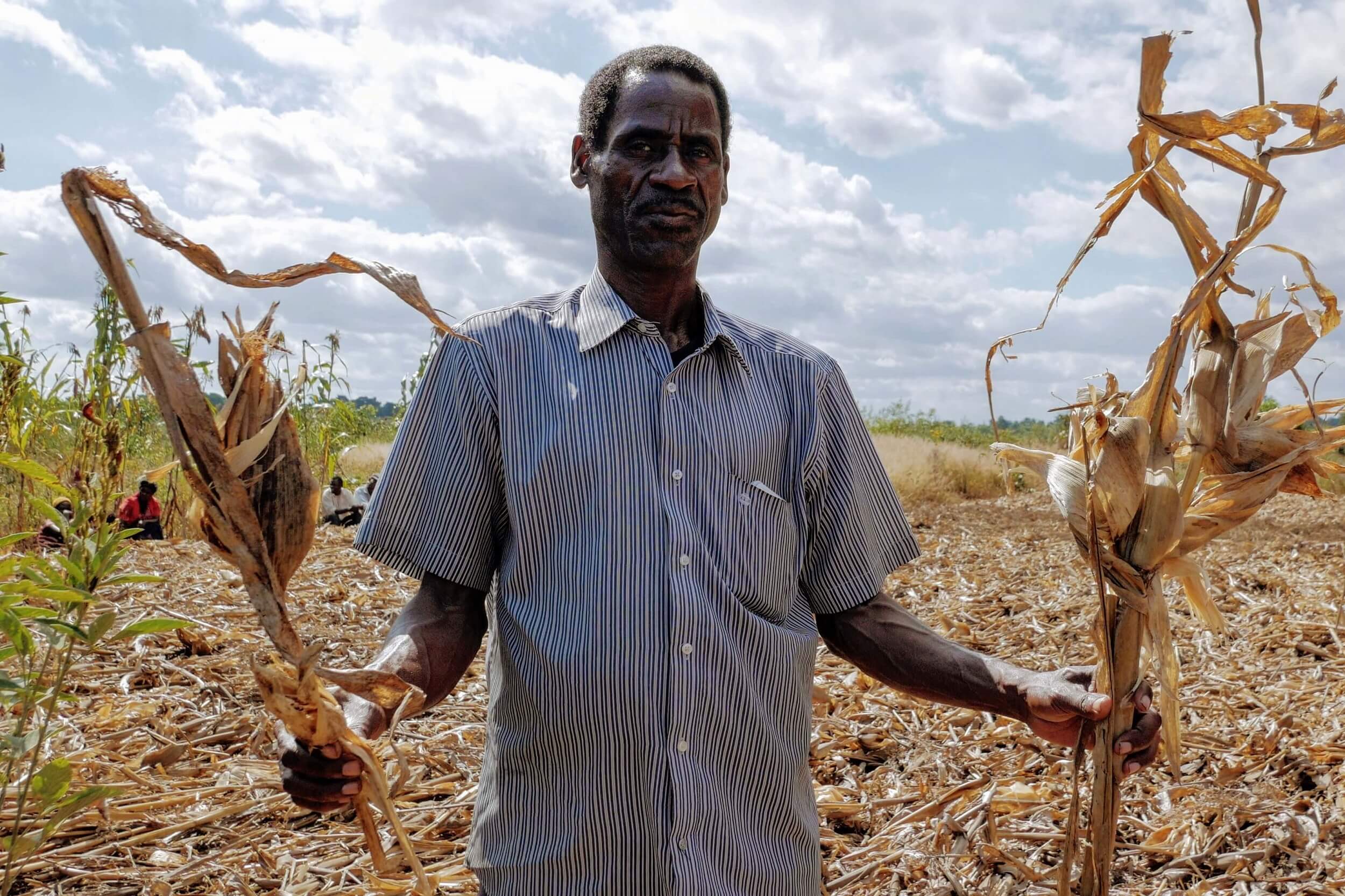
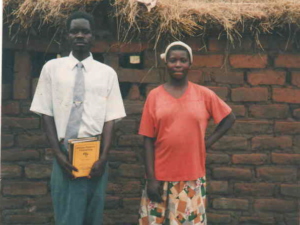 Lloyd with a pastor’s wife at an APF training event in the early 2000s.
Lloyd with a pastor’s wife at an APF training event in the early 2000s.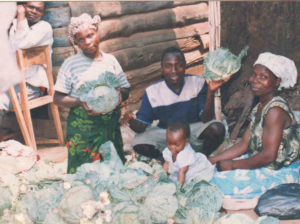 Household income generation schemes
Household income generation schemes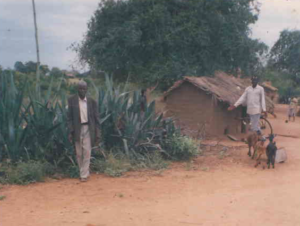 Milk, meat and young. Rural households
Milk, meat and young. Rural households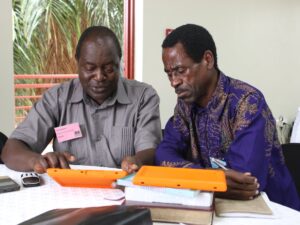 Revd Paul Kylimpa (l) from Uganda and Lloyd (r) checking out some of the farming resources on eVitabu during the app’s launch event held in Kampala during 2018.
Revd Paul Kylimpa (l) from Uganda and Lloyd (r) checking out some of the farming resources on eVitabu during the app’s launch event held in Kampala during 2018.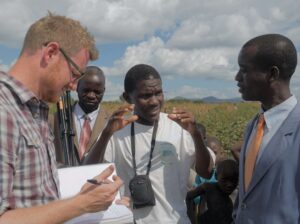 Geoff Holder speaking with farmers participating in Growing Greener, 2017.
Geoff Holder speaking with farmers participating in Growing Greener, 2017.